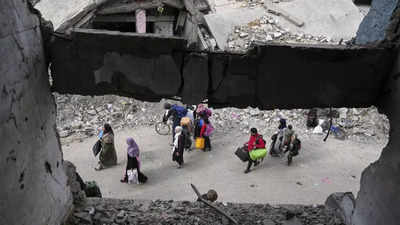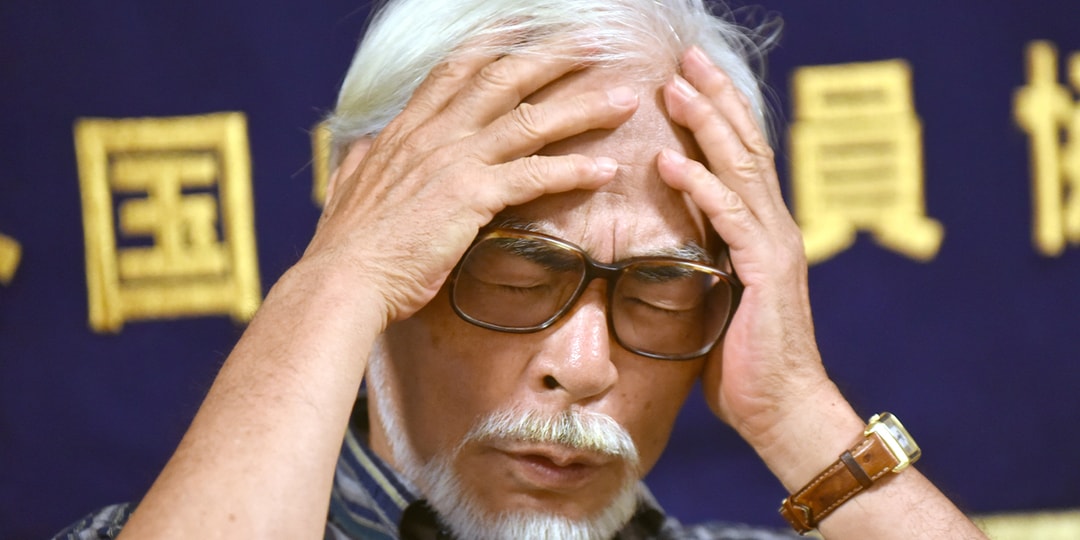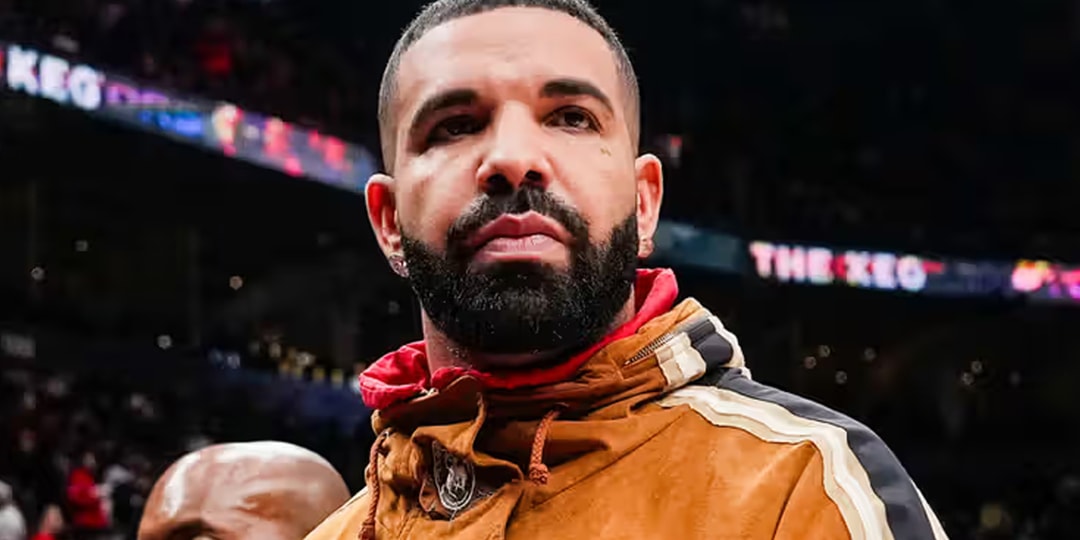Spain Urges EBU to Reassess Israel's Participation in Eurovision Amid Gaza Conflict

Spain's public broadcaster, RTVE, has officially requested that the European Broadcasting Union (EBU) engage in a serious discussion regarding Israel's participation in the upcoming Eurovision Song Contest. This call comes in the wake of the ongoing Gaza war, which has raised significant ethical concerns about Israel's involvement in a cultural event that draws global attention. On Friday, RTVE released a statement indicating that it had reached out to the EBU, which oversees the annual contest, to advocate for a reconsideration of Israel's participation through its public broadcaster, KAN. This situation has sparked a debate that touches upon issues of politics, culture, and international relations.
In response, the EBU acknowledged RTVE's concerns, emphasizing its recognition of the deeply held views surrounding the Middle Eastern conflict. Nonetheless, the EBU reiterated that all member broadcasters continue to be eligible to compete in the Eurovision competition. The organization noted that it is actively engaged in ongoing discussions with all participating broadcasters, including RTVE, to address the heightened sensitivities stemming from the current geopolitical landscape.
Eurovision, widely regarded as one of the most prestigious and widely viewed television events in the world, features participants from countries across Europe and even extends participation to nations like Australia. This years contest is set to take place in Basel, Switzerland, with the semi-finals scheduled for May 13 and 15, culminating in the grand final on May 17. Should KAN, Israel's broadcasting entity, be excluded from the competition, Israel would not be represented at the event, thereby losing its chance at further Eurovision accolades.
The controversy surrounding Israel's participation is not new. Last year, during the Eurovision event held in Sweden, thousands of protestors rallied against Israel's involvement, showcasing widespread discontent. This year, Israel is slated to be represented by Yuval Raphael, a survivor of the tragic October 7 attack orchestrated by Hamas at the Nova music festival, which resulted in the deaths of approximately 1,200 individuals in Israel. The Times of Israel reported that Raphael's participation is particularly poignant given the ongoing conflict.
Moreover, petitions urging for Israels removal from the contest have circulated in various countries, including Finland, where one petition garnered over 10,000 signatures, demonstrating a strong public sentiment against Israel's inclusion. Since its debut in the Eurovision arena, Israel has claimed victory four times, with its most recent win occurring in 2018.
The backdrop of this year's Eurovision contest is heavily influenced by the recent escalation of hostilities in Gaza, which commenced on October 7, 2023. Following the Hamas attack, Israel launched a military campaign in Gaza, leading to reports of nearly 51,000 fatalities according to local authoritiesa stark reminder of the human cost of the ongoing conflict.
In addition to the Eurovision controversy, Spain's recent political maneuvers, including Prime Minister Pedro Snchez's visit to China amid escalating trade tensions with the United States, highlight the countrys increasingly independent stance on global matters. This comes as the U.S. has imposed steep tariffs on European Union goods, reaching as high as 145 percent, leading China to retaliate with its own tariffs of 125 percent on American products. Such developments signify Spain's complex position in international relations, particularly as they diverge from traditional U.S. alliances.




























